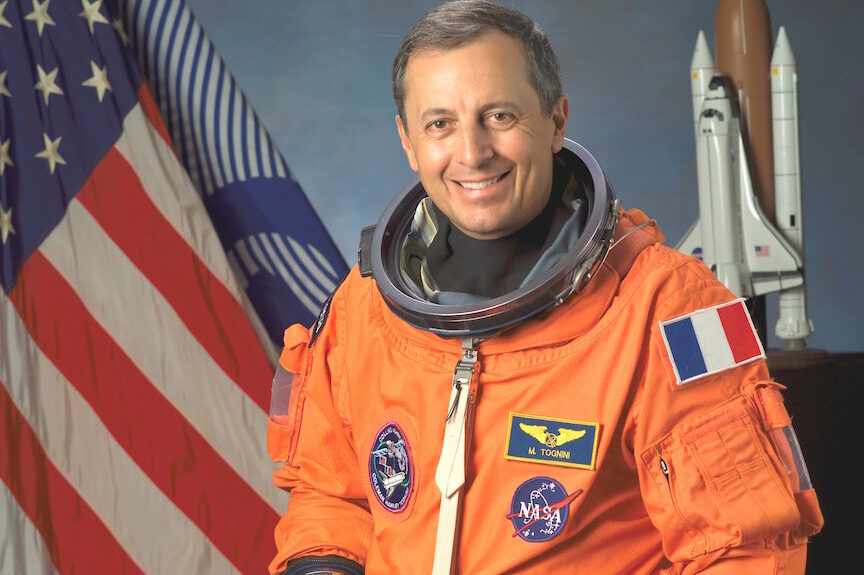 Aerospace and Defense Actors
Aerospace and Defense ActorsContemplating your place in the world, and even the wider galaxy, can help you to change your perspective on life and your position in the grand scheme of things.
January 23, 2017
There are approximately 200 billion galaxies in this universe.
The one in which we live, the Milky Way, is relatively small in comparison to almost every other galaxy.
Here on Earth, there are over 30 million different species of life. Humanity is just one of these species, and you are a sole individual among 7.5 billion people.
How important do you feel now?
Contemplating your place in the world, and even the wider galaxy, can help you to change your perspective on life and your position in the grand scheme of things.
Decades of rapid technological advancement, and social and economic changes have widened the generational gaps and introduced new sources of conflict over the issues of national identity and cultural values that are transforming our world and shaping the risks that threaten our future.
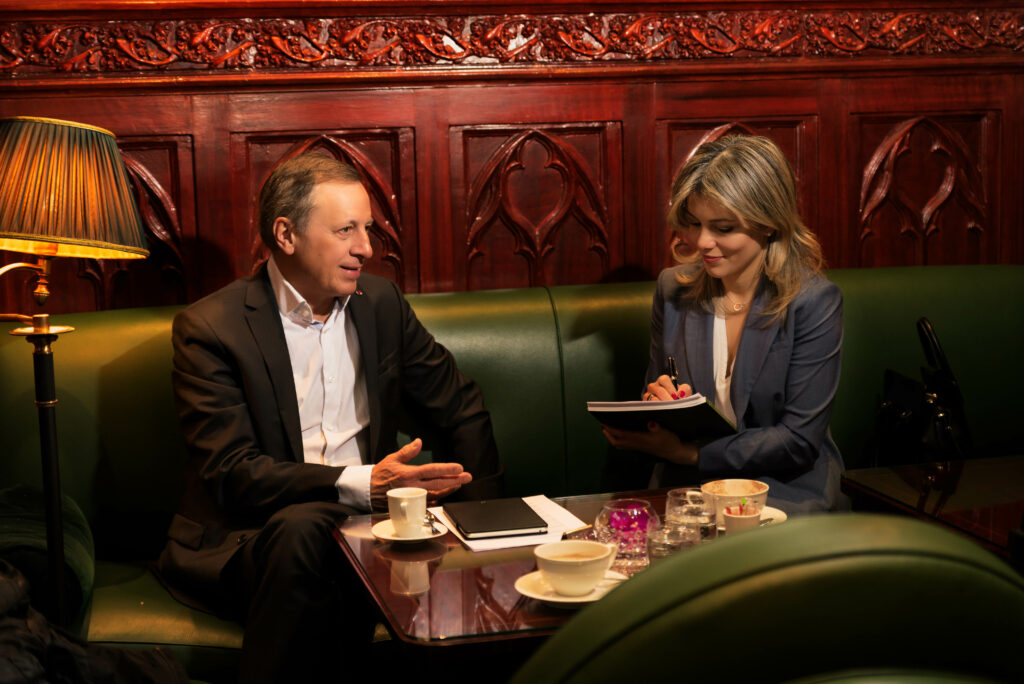
The greatest challenge that humanity faces today is identifying inclusive methods by which we can overcome cultural divisions and work together as an international unit to respond to global challenges, climate change, and resource depletion.
We need to rebuild our communities and create a collaborative system by which we can minimize the risks of dramatic social disruption and bringing together governments, civil societies, and corporations to solve the environmental problems that put the future of humanity at risk.
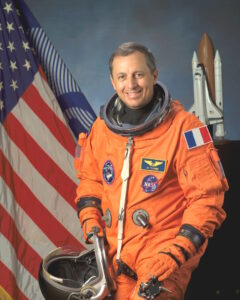
I recently had the honor of having a coffee with the astronaut Michel Tognini. He went 2 times in space, with the Russian space agency on Soyuz and Mir, then on the space shuttle Columbia.
Mr. Tognini kindly agreed to meet with me to share some fascinating insights into his experiences as an astronaut.
My conversation with Mr. Tognini was riveting. In addition to describing the comprehensive preparation and training astronauts undergo before embarking on their first space mission, he shared some of the feelings he experienced when he first ventured into an unknown territory that was without explicit frontiers.
Talking with Mr. Tognini opened my eyes to the incredibly important role that astronauts and space agencies play in efforts to safeguard the future of life on this planet. The research and development that takes place at these agencies represent a major tool by which humanity can engage in international missions of common interest: The progress and continuity of the human race.
The more we invest in these research initiatives, the higher our chance of identifying strategies by which we can work together to address the issues related to population growth, environmental destruction, and resource depletion.
Becoming an astronaut requires significant training, preparation, and tenacity. However, beyond the technical expertise, motivation, and discipline, astronauts also need to be able to function without making mistakes. Mistakes are simply not permissible because they will lead to a loss of life and put years of research and investment at risk.
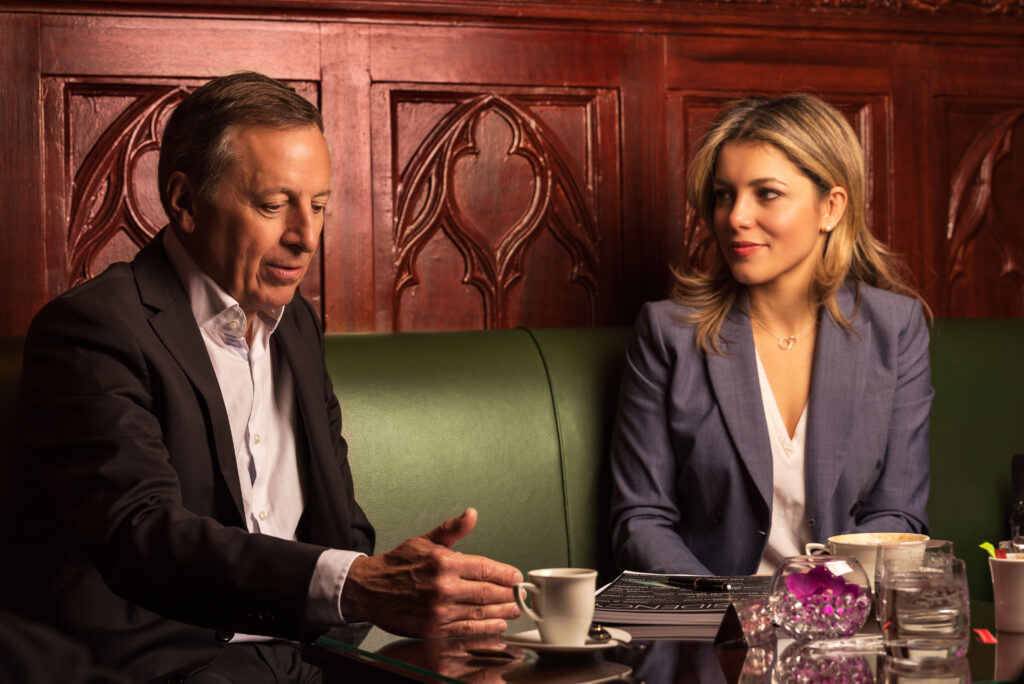
Successful space missions depend on thousands of people working in close collaboration over long periods of time to contemplate, plan, discuss, develop, and implement initiatives that have the power to change the world. As many as 1,200 men and women are directly involved in a single mission.
None of the space missions that have taken place to this day would have been possible if the people involved had maintained a mindset of self-importance.
What’s out there?
Individually, we are very little. As a collective whole, humanity possesses immense power and the capability to achieve amazing feats. While saving the Earth from the destruction we have reaped thus far will no doubt be such an amazing feat, it is within our grasp… if we work together.
Cheers!
Ana Paula Araujo Mendes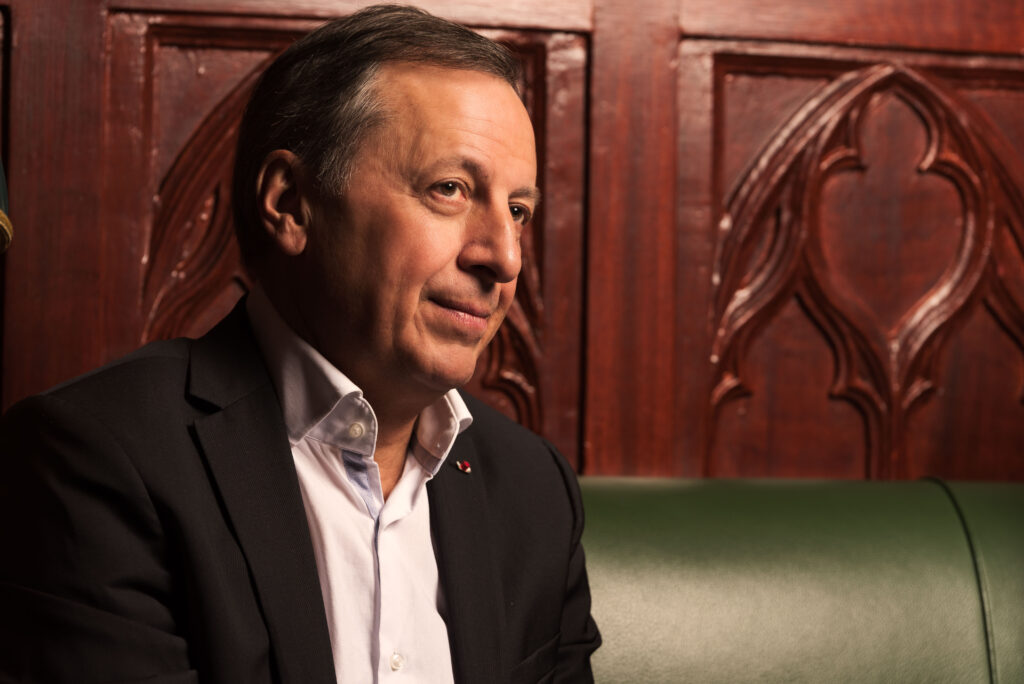
Graduated in 1973 from the Ecole de I’Air, and officially qualified as a fighter pilot in 1974. He has since successfully served as a fighter pilot at all levels and, during his impressive career, he earned the Military Technical Diploma (BTEM), the Cosmonaut Diploma from the Soviet Union, the NASA Spaceflight Medal, and the V. M Komarov Diploma (FAI).
Mrs. Stéphanie Jacquot-Tiberi, Deputy Manager - Hotel Westminster Paris
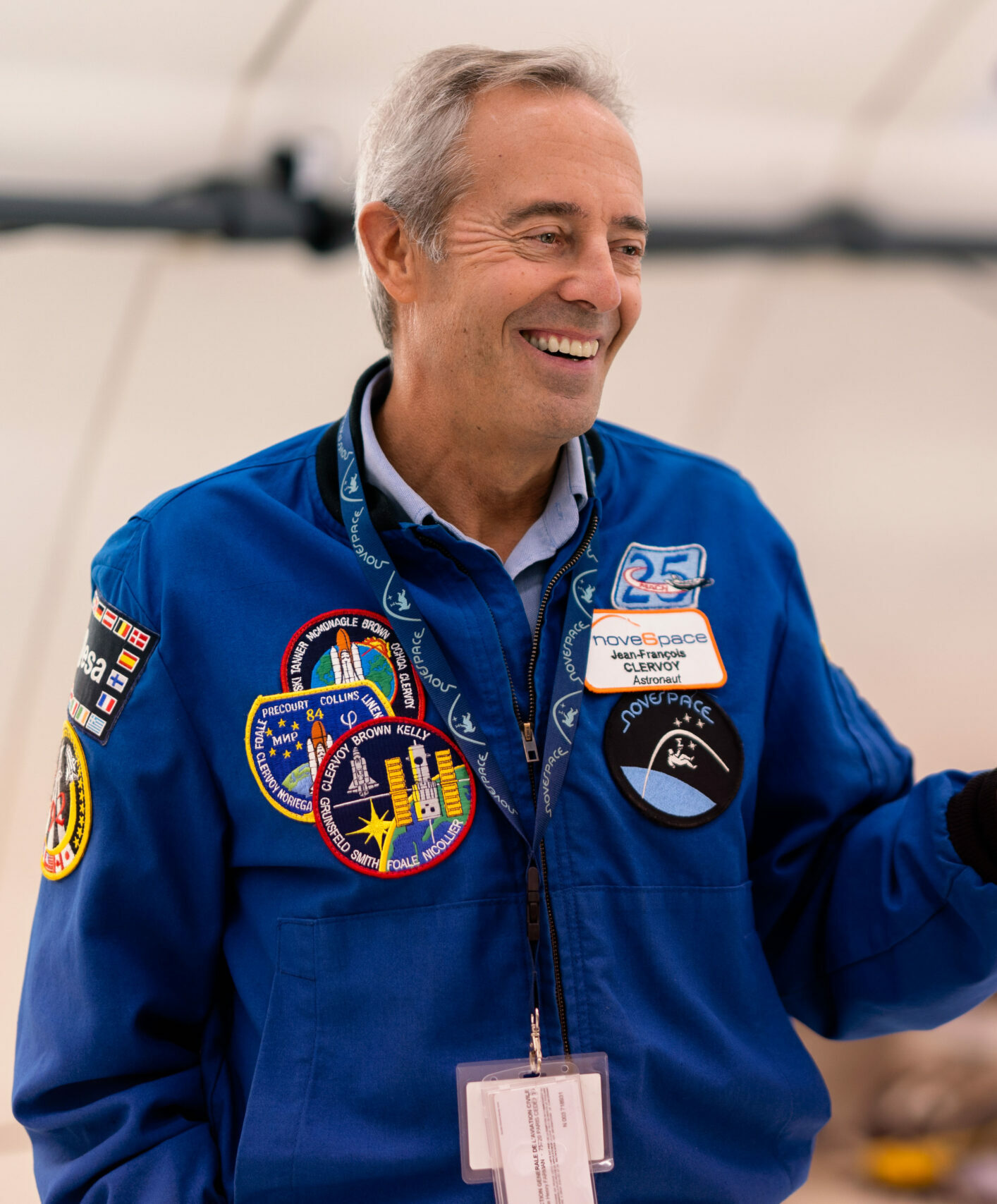
Aerospace and Defense Actors
Astronaut Jean-François Clervoy - Parabolic Flying and The Zero G: How 22 Seconds Can Change the Future of the World
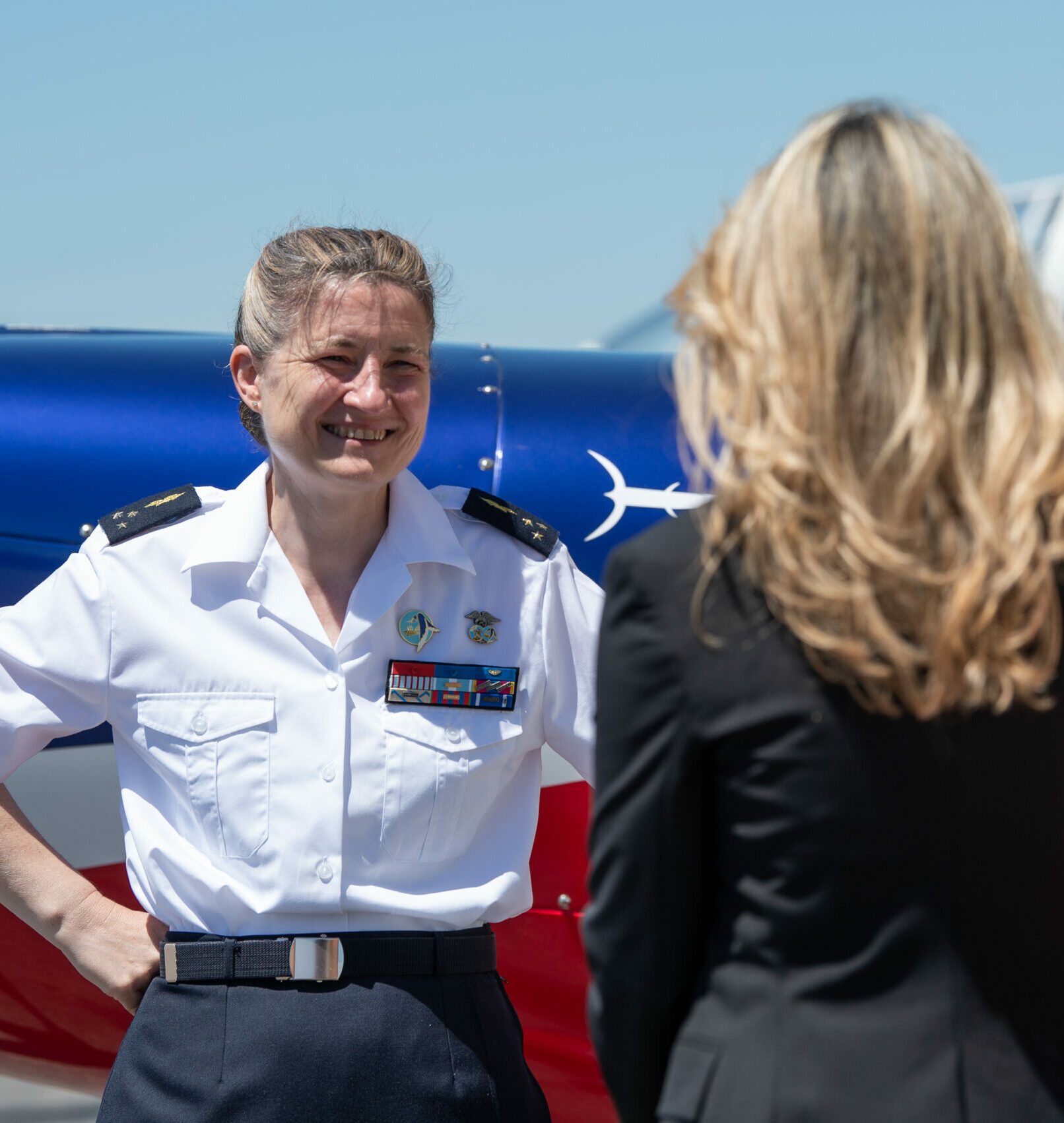
Aerospace and Defense Actors
Major General Dominique Arbiol on Preparing the Next Generation of French Air Force Officers: Building the Right Force for the Future Warfare
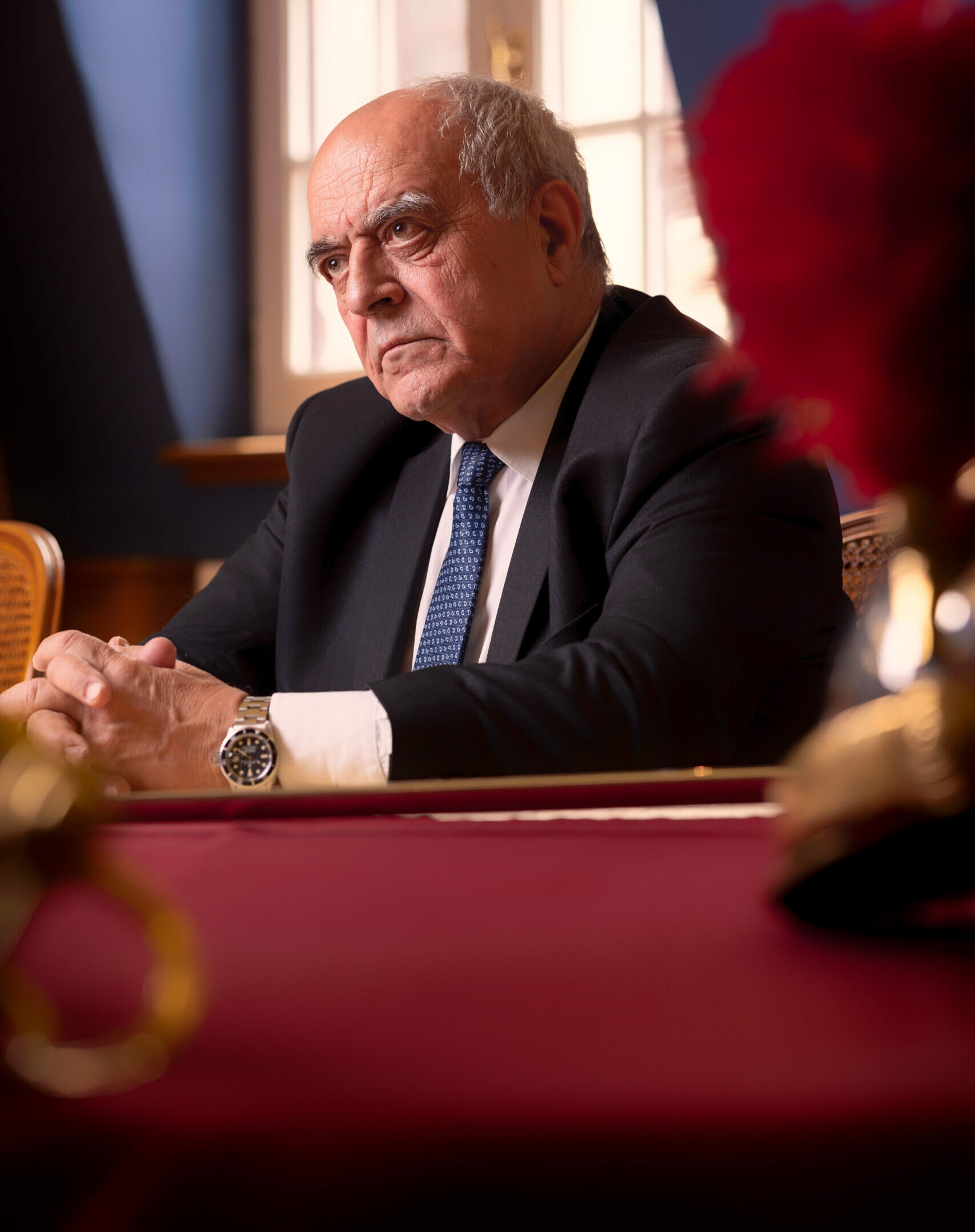
Aerospace and Defense Actors
Alain JUILLET: Competitive Intelligence “Seeking heads”

Aerospace and Defense Actors
Dominique Trinquet - The Driving Forces of Private Aviation
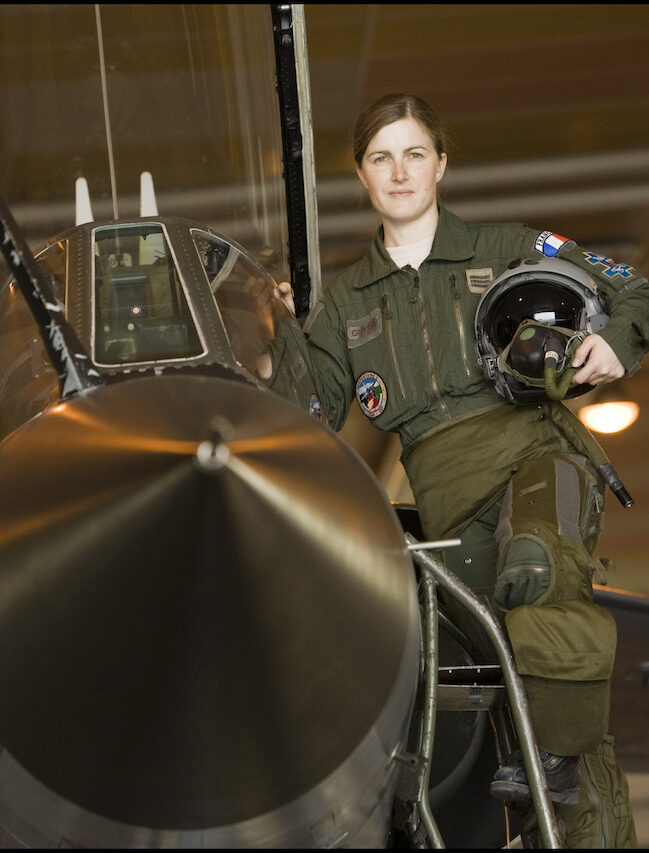
Aerospace and Defense Actors
Virginie Guyot - Fighter Pilot: True Leaders Inspire a Shared Purpose
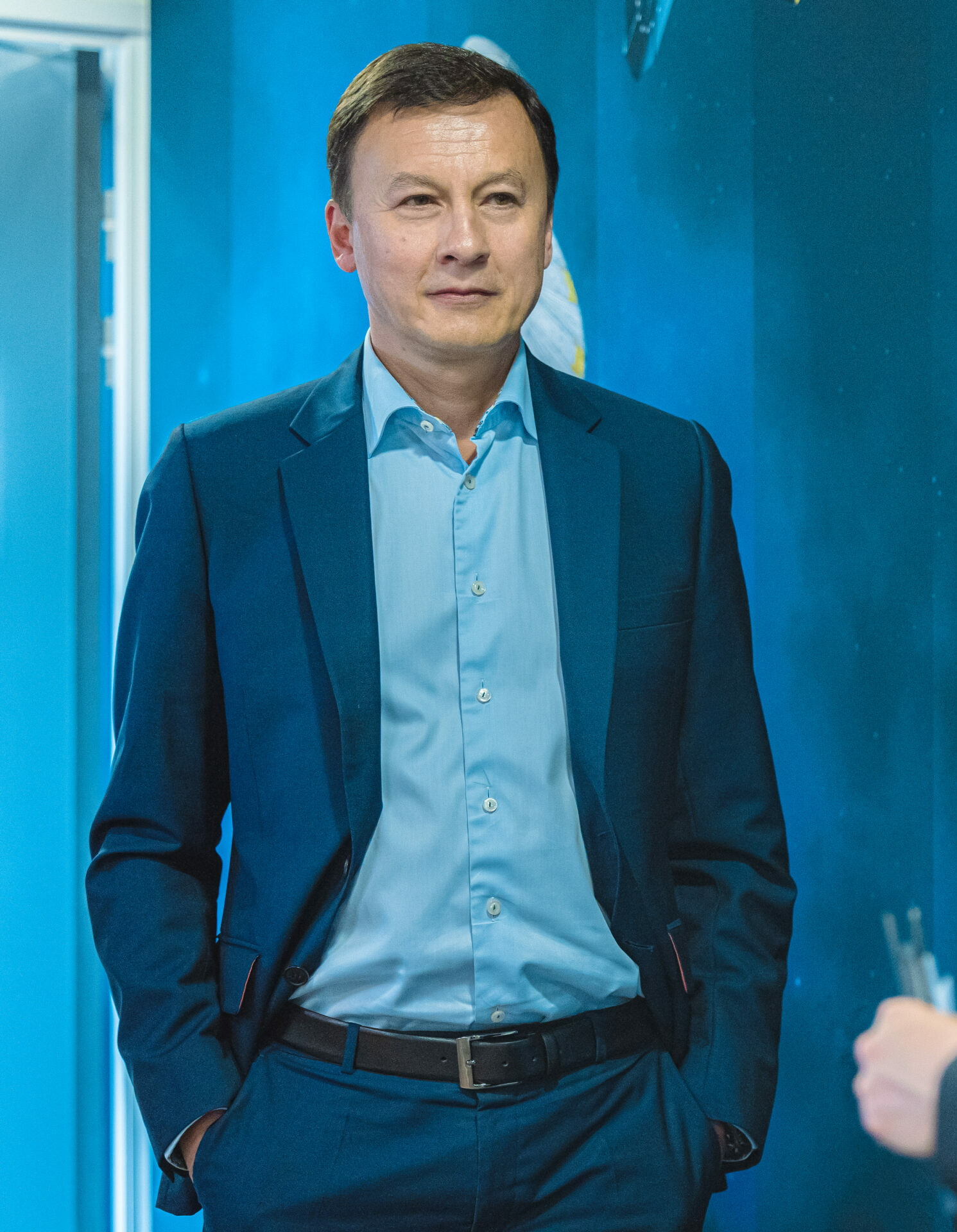
Aerospace and Defense Actors
Philippe Pham: Airbus Defence & Space - The new paradigms of the race for the stars
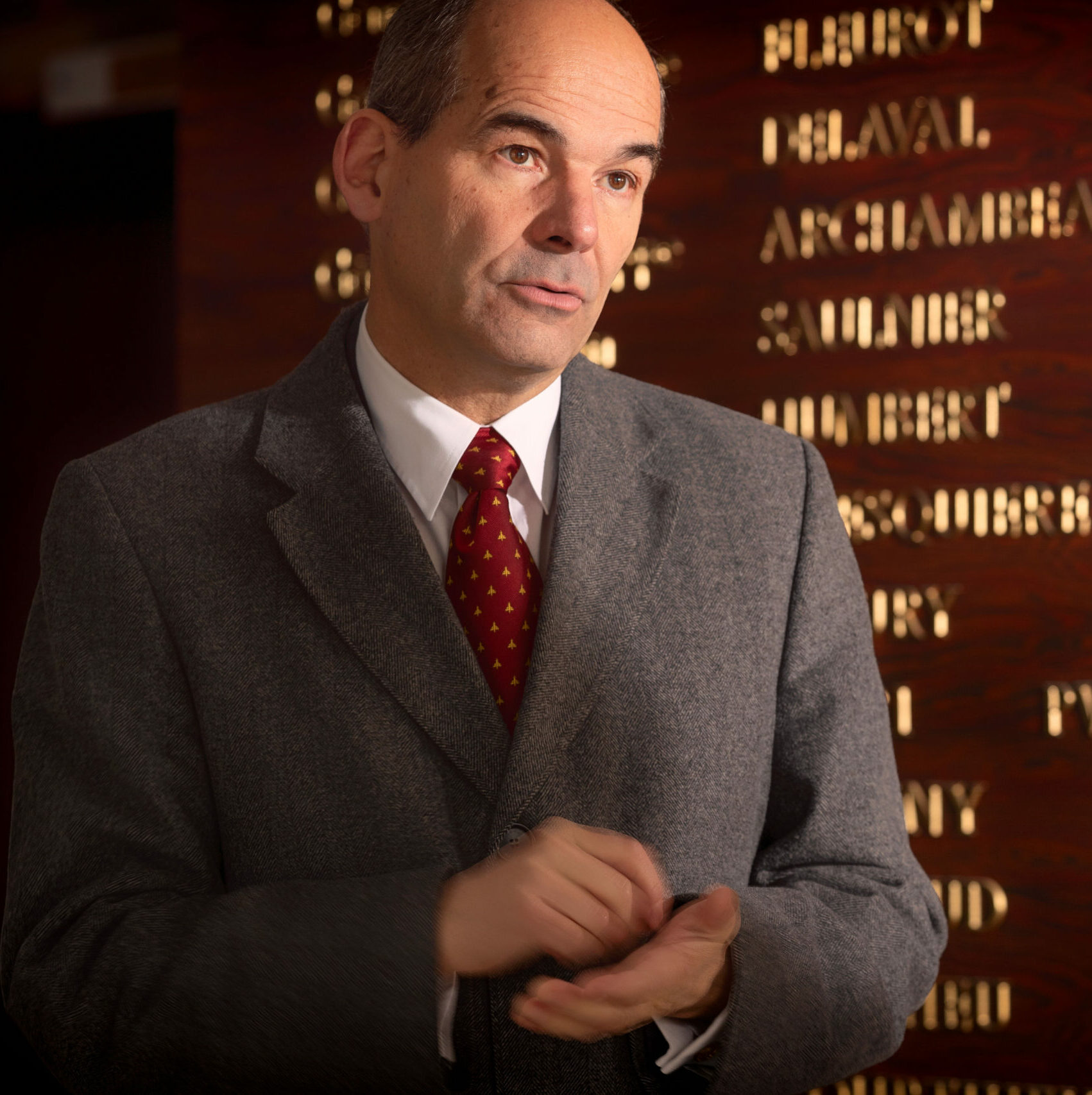
Aerospace and Defense Actors
General Patrick Charaix: Information Value and Quality on the Innovation Process Performance in a Collaborative Context
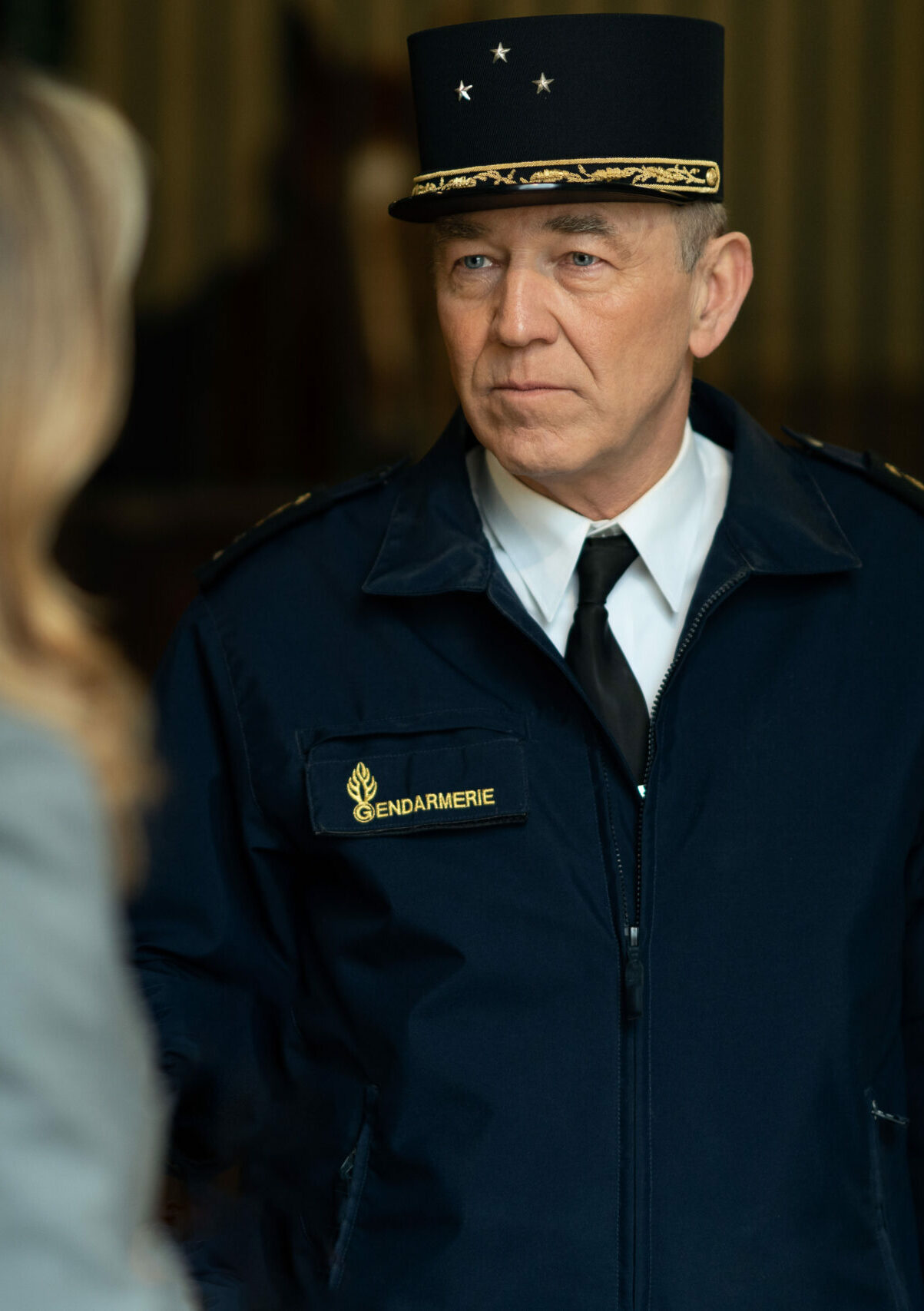
Aerospace and Defense Actors
General Damien STRIEBIG: Information Management - How Do You Prepare a Major unit for the Unpredictable
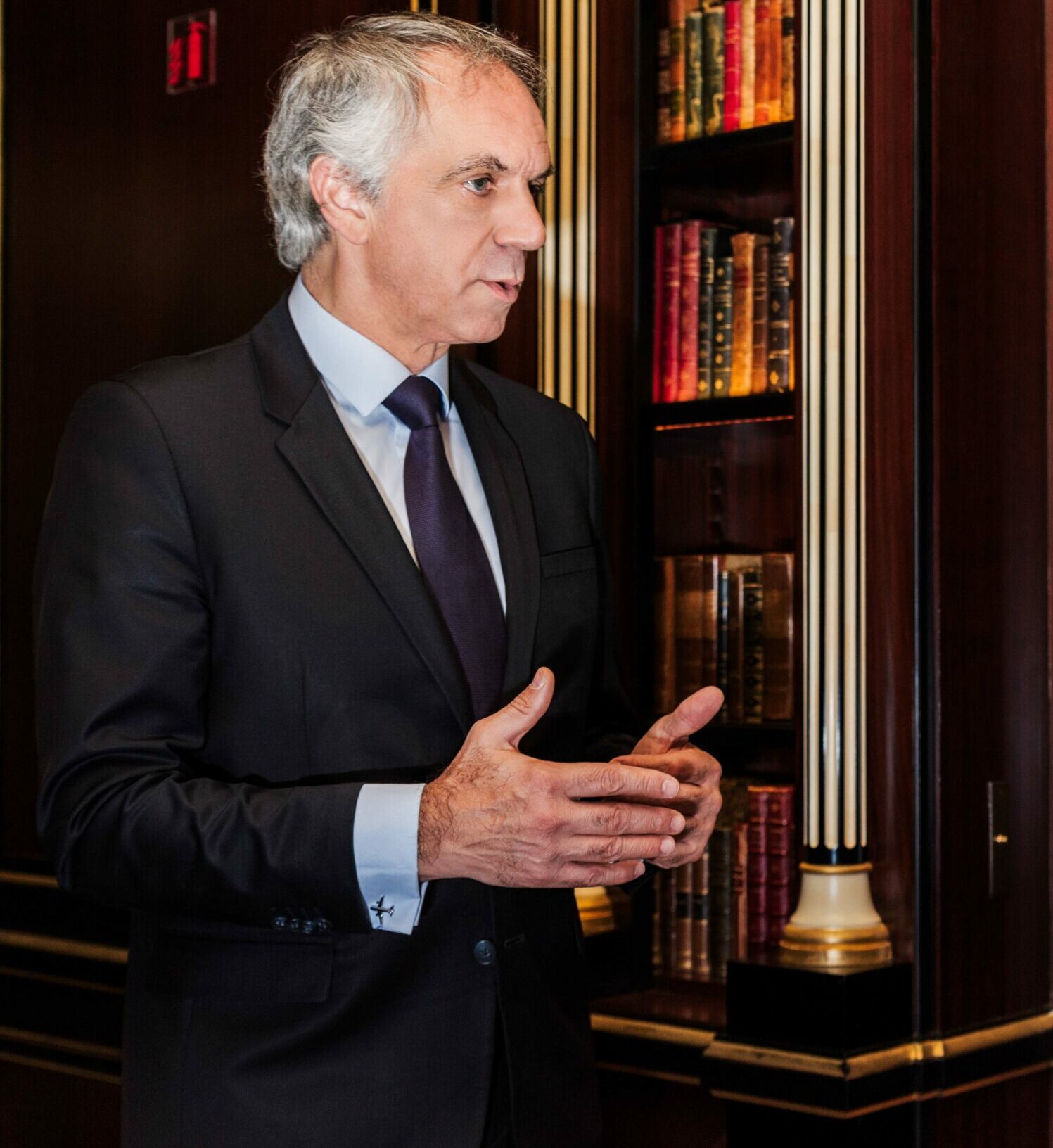
Aerospace and Defense Actors
Philippe Boissat - The future requires vision. Seeing through human eyes or satellites?

